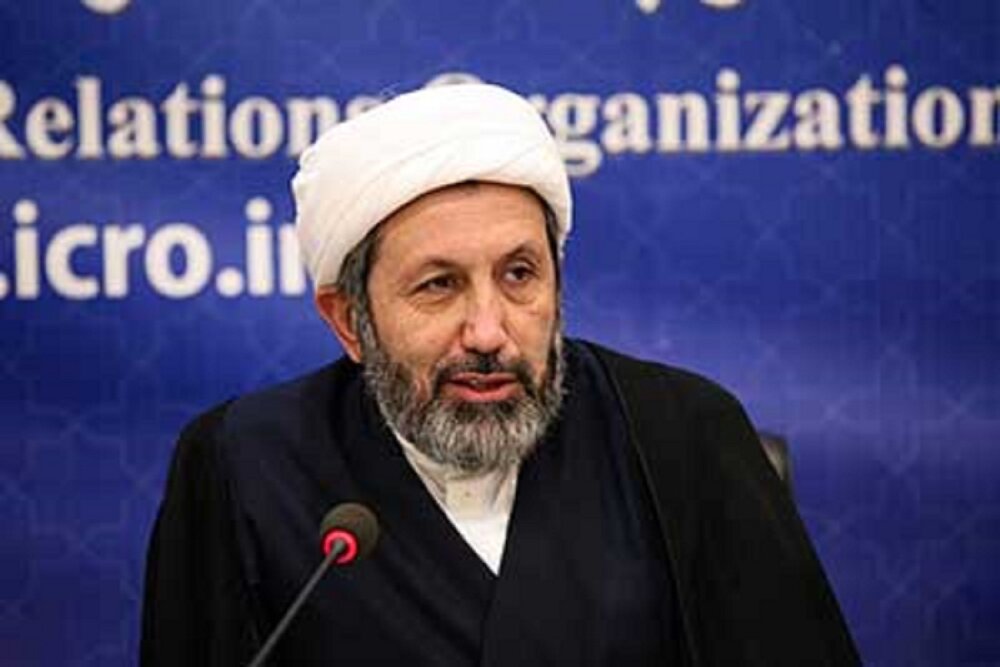Hawzah News Agency –In a note written by the head of the Islamic Culture and Relations Organization, published by an Iranian newspaper the "Cultural diplomacy" has been described as one of the most important pillars of foreign policy, with a special task called the promotion and development of culture.
According to the Public Relations Department of the Islamic Culture and Relations Organization (ICRO), in the continuation of the said note, which was published on January 24, Hojatoleslam Mohammad Mahdi Imanipour, has stated: This type of diplomacy and the exchange of cultural values and the consolidation of good relations between governments have a significant impact. Cultural diplomacy is not a tool but a channel and platform for effective, long-term and strong integration of countries. With this introduction and from this point of view, we can understand the importance of the visit of our esteemed President to Russia.
Undoubtedly, the Islamic Revolution of Iran has generated a kind of dynamic and deep discourse between Muslim and even non-Muslim communities and nations. This discourse has many components and various examples, the complete crystallization of which is the key to the cultural success of the Islamic Republic of Iran at home and abroad.
The culture of resistance, non-surrender to force and domination, taking nations out of mental and cultural passivity, confronting the aggressive culture and forming common cultural systems based on the historical, geographical aggregation of actors are some of these achievements.
Over the past and recent years, "invading cultures" have sought to portray "resistance cultures" as abstract and non-practical systems, thereby reinforcing passivity in the face of cultural aggression. Meanwhile, countries such as Iran, Russia and China, which have been most resistant to the plans, strategies and tactics of the enemy and the West, have been more exposed to such conspiracies.
One of the issues that is relevant today in the strategic expansion of Iran and Russia is related to the joint confrontation of the two sides with cultural conspiracies against them. As a general rule, both countries should use the existence of common opportunities or threats as grounds for all out bilateral cooperation.
It is obvious that the Tehran-Moscow strategic alliance is a rational and important principle in the field of international relations. Cultural diplomacy itself can become a platform for the formation, consolidation and continuation of this strategic and important synergy.
"Cultural diplomacy" is inherently opportunity oriented and leads to the crystallization of mutual initiatives in the face of enemies and even the creation of new or similar actors, while strengthening common cultural components will lead to richness and increase the depth of Iran-Russia relations.
Expanding the desire of many students and citizens of the two countries for teaching Persian and Russian languages, academic and scientific exchanges, translating works of scientific, philosophical, historical and political books, cultural exchanges in the field of art, cinema, theater and tourism, are among the examples of common interests of the parties to further strengthen their cultural ties.


Your Comment